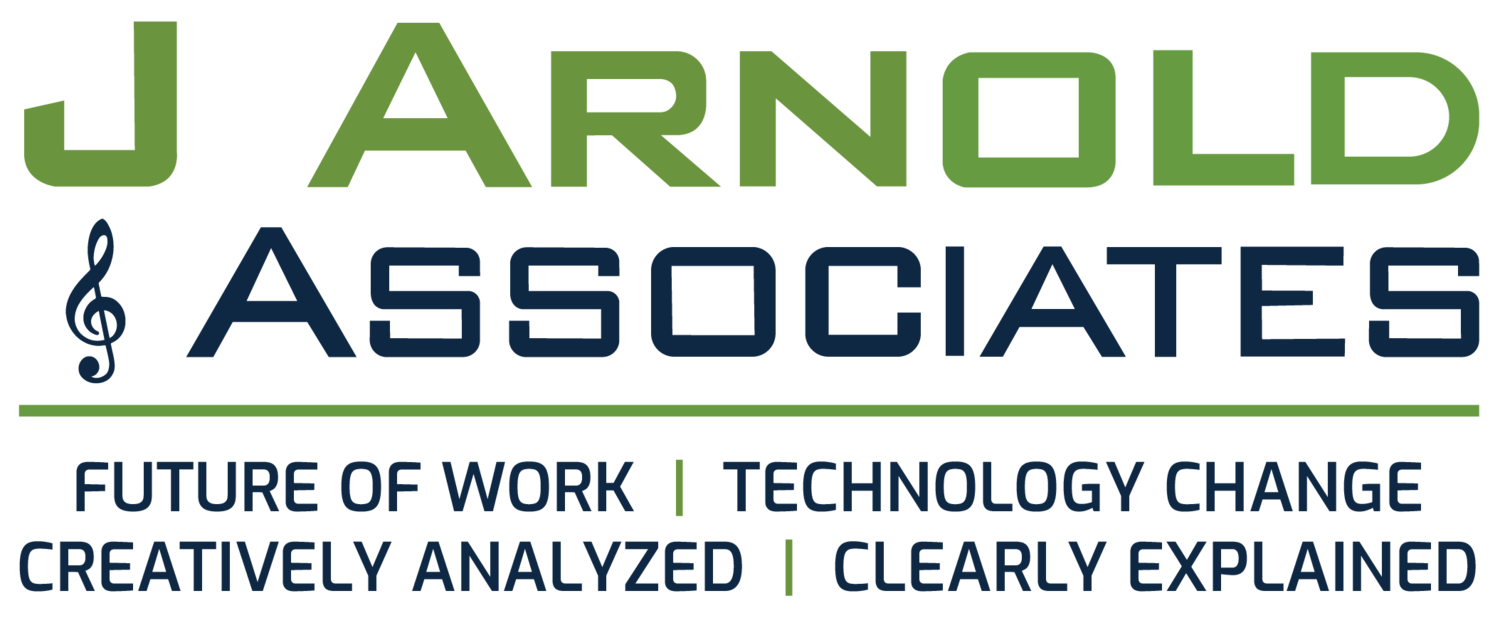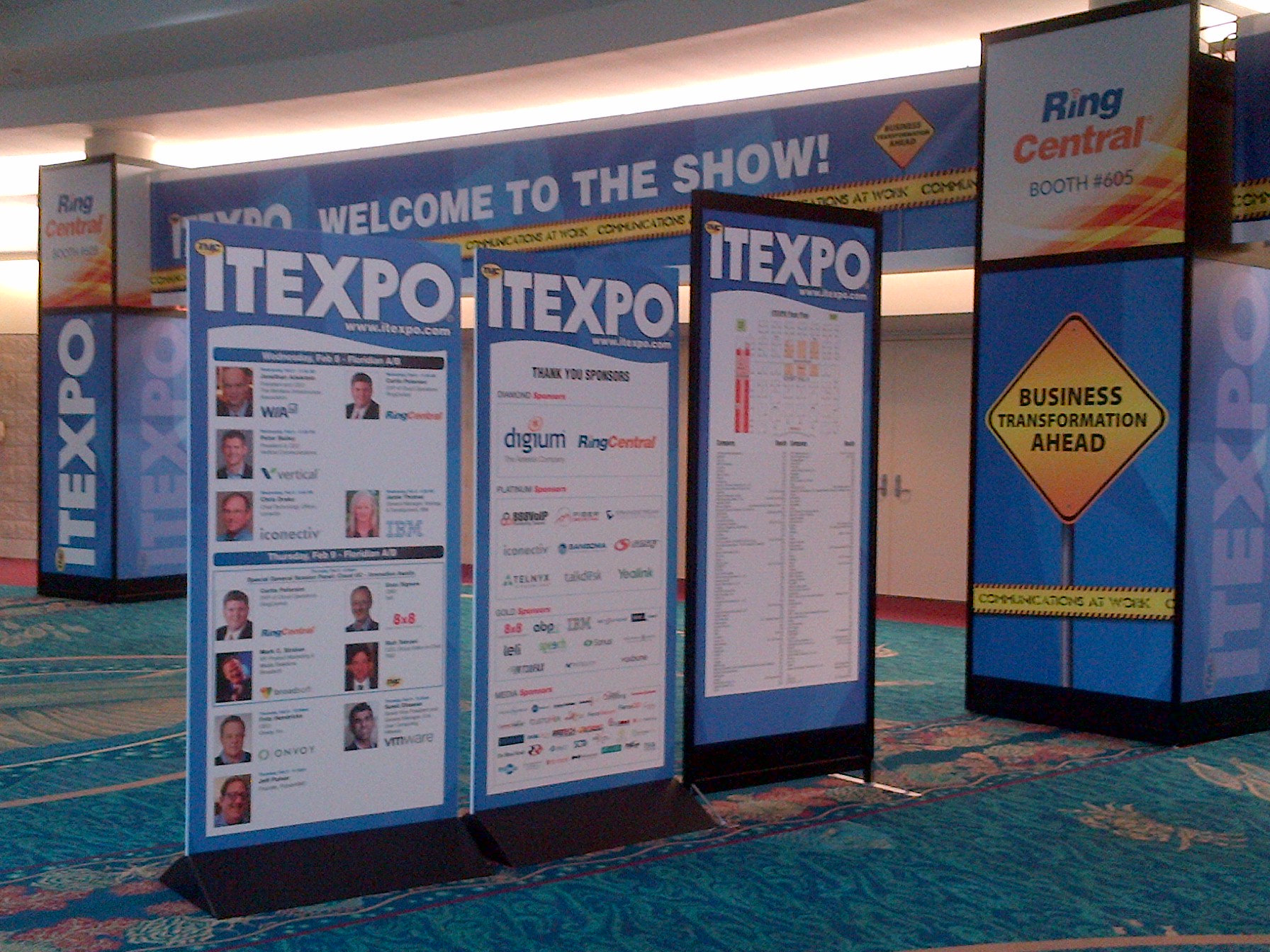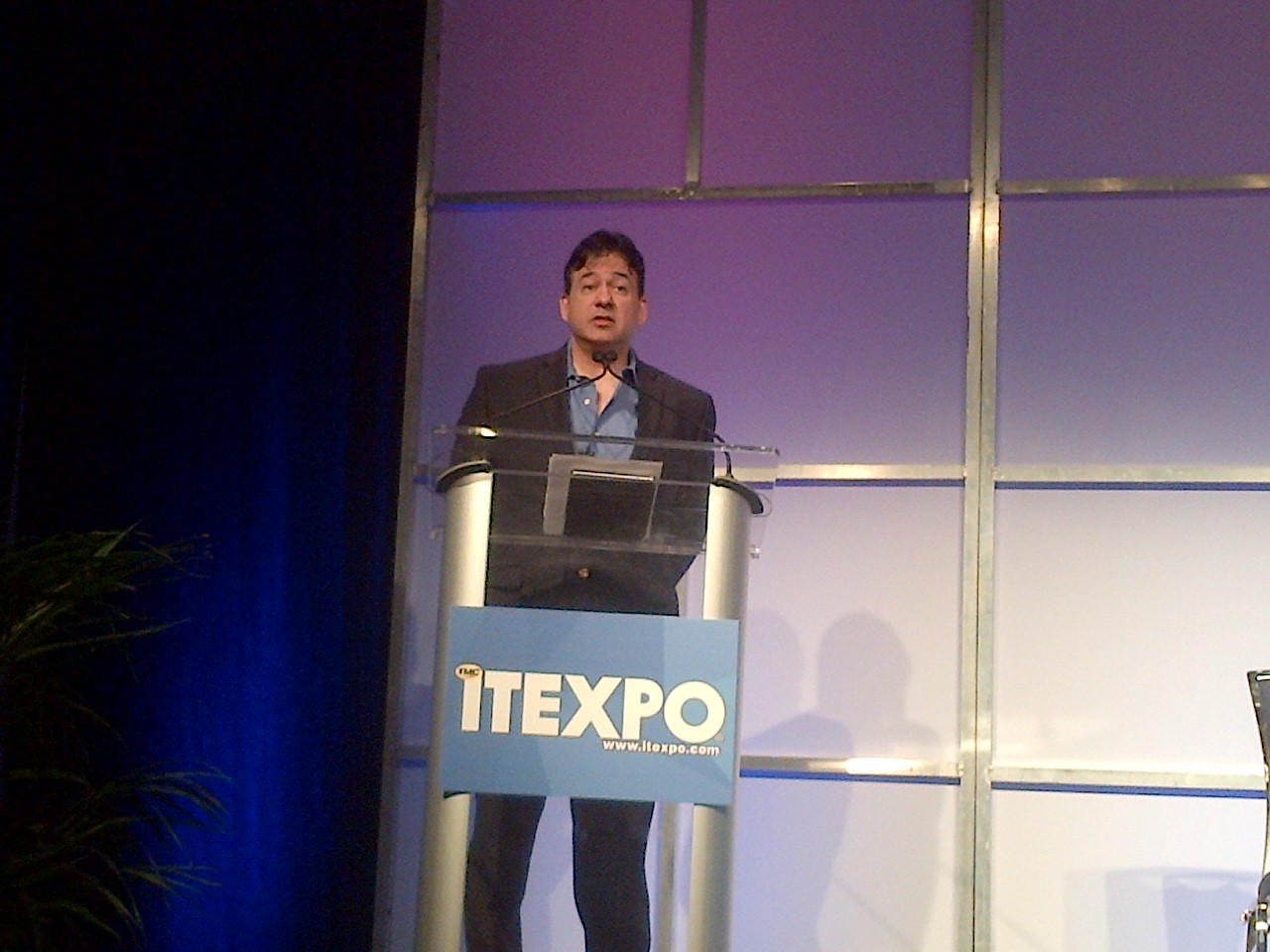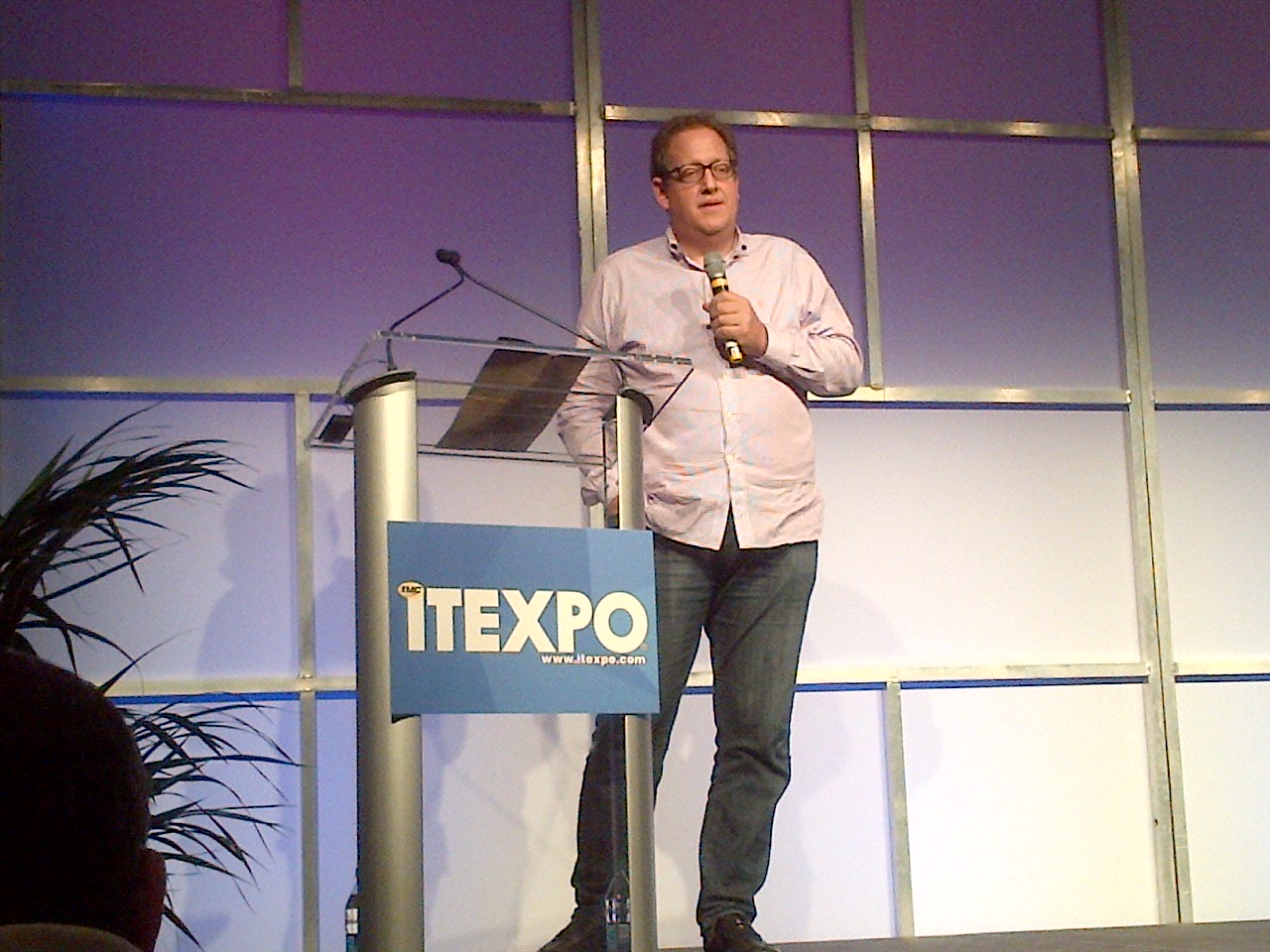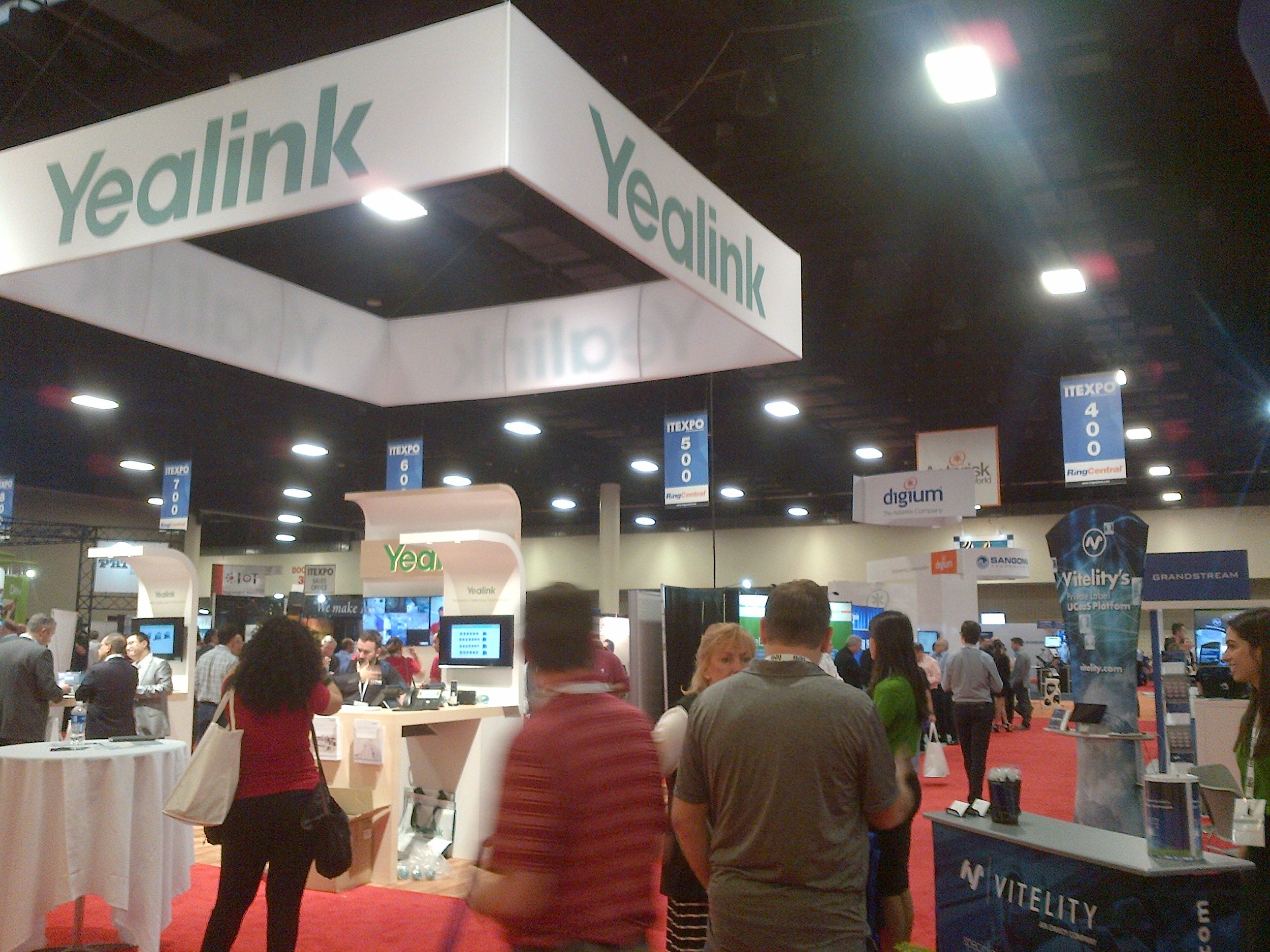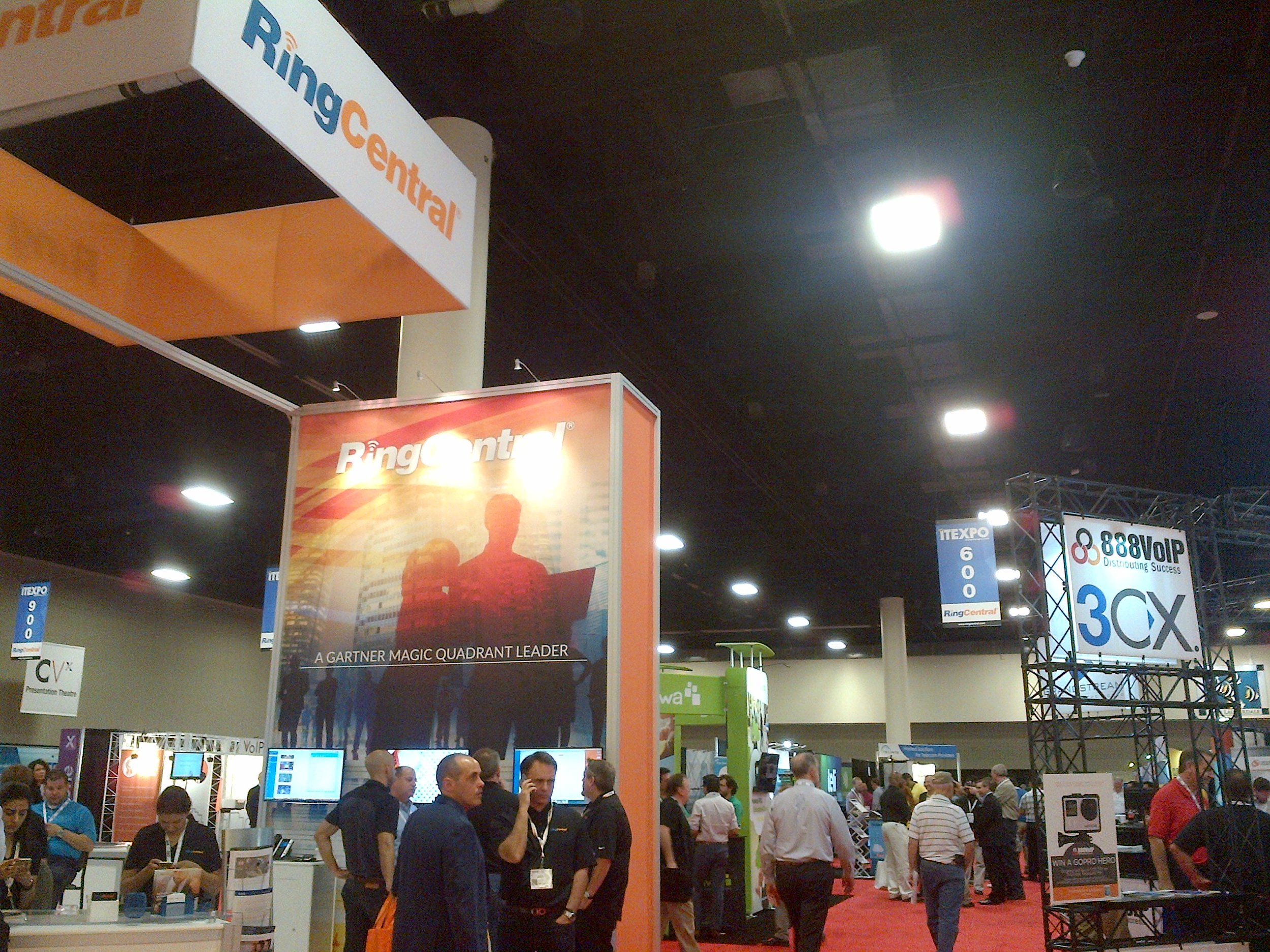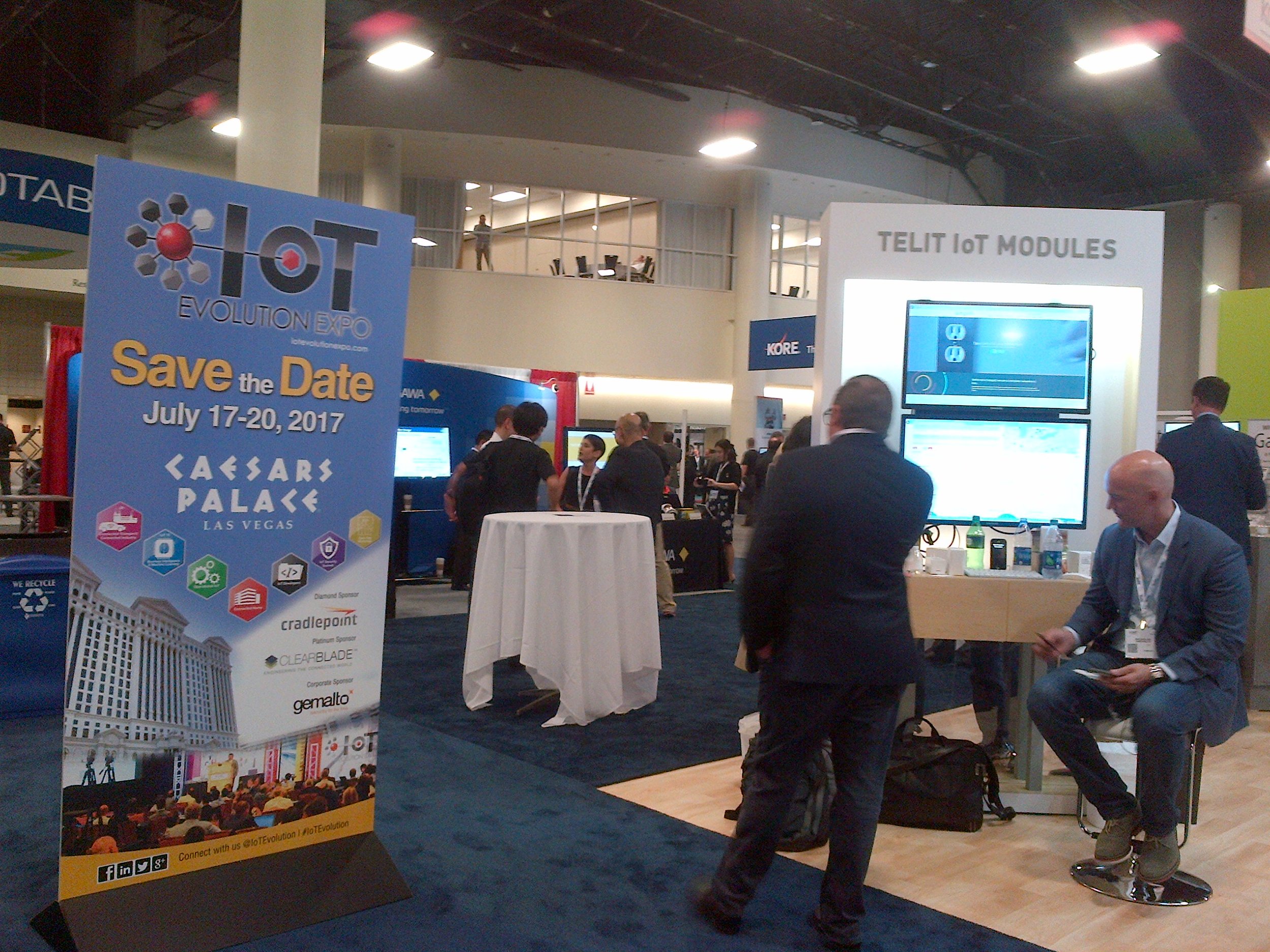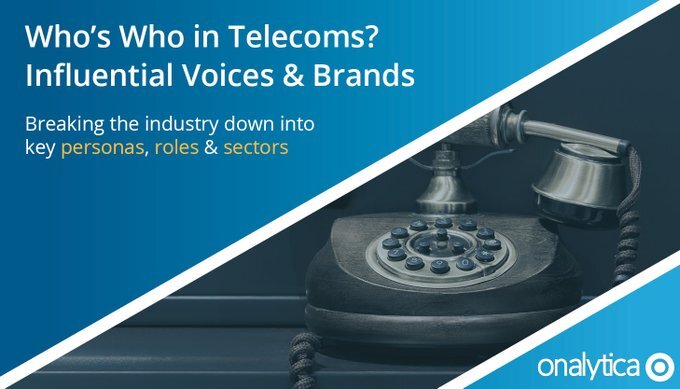CafeX Analyst Event - "an Innovator, not a Disruptor"
/Most industry events I attend are with larger companies, and it's great to see how smaller players go to market, especially those who are fairly new and not that well-known. That's what was on tap last week at the CafeX event in San Antonio.
Contact center has been their core focus since starting up in late 2013, and while that remains core, they are doing a strong pivot to video-based collaboration. This move follows recent rounds of Series B and Series C funding, from which Vayyoo was acquired. They've also used that money to build out their partner and channel ecosystems, most notably with Microsoft for Dynamics, and on the distribution front, agreements with Rakuten and Itochu.
CEO Rami Musallam walked us through their progress report, and it's great to see what young companies do at this stage of their growth cycle. The technology seems solid and they're certainly trying to push the envelope to become the "collaboration core" that covers workflows, productivity, CRM and customer engagement.
They're chasing a big slice of the pie - or several pies - for collaboration/communication, and they have the requisite sense of clear purpose and confidence to win. I could definitely feel that vibe in the room, and as is often the case, success will depend less on technology, and more on go-to-market execution and building up mindshare.
Of course, that's why we were there, and Rami updated us on an impressive roster of both customers and partners - not to be shared - along with solid YoY growth rates and gross margins. So traction is happening, and they're getting their share of industry recognition/awards.
Now, they just need to get better known, so much of 2016 was spent on branding CafeX, and more recently, ramping up their collaboration suite that has come out of Vayyoo, Chime. While we didn't get a breakdown on revenues by lines of business, it's pretty clear that much is expected from Chime. We got an extensive briefing on the three flavors, Chime Spaces, Chime Meetings and justchimein.com - respectively for "objective-driven collaboration", "pervasive collaboration", and "cloud-based meetings for anyone".
I wasn't alone in wondering about the difference between "objective-driven" and "pervasive" collaboration, and we had some spirited discussion about that. Let's just say if we can't figure out, then the market won't either, and it was conceded they have some work to do here. They don't have the luxury of walking before running, and I would cite this as a typical example of a tech-heavy company that hasn't quite refined the value proposition, along with the core marketing messaging. We saw some very compelling use cases, so they know the problems, and seem to have the right solutions, but as you know, this sure is a crowded space.
That's really my main takeaway, because at a high level, we don't really hear much different with Cisco Spark, Skype for Business, and the barrage of updates from the recent Avaya Engage event. To varying degrees, they all do similar things, and while Chime does have some points of difference - especially in working across all browser environments - it's going to be an ongoing challenge to break through.
Speaking of breaking through, nothing underscores the challenges of a small company trying to make its mark more than a much bigger one stepping on their toes. "That AWS thing" cast a shadow over the event, as Amazon had just launched their collaboration suite, also called Chime. Hmm. While CafeX seems confident that their legal response will carry the day - and really, it should - the timing isn't good.
We may never know how this came to be, and whether AWS is just imposing its will - even though CafeX clearly has a better offering. Perhaps AWS will cease and desist, but maybe not and this will become a war of attrition that CafeX can never win. Or maybe AWS just buys CafeX and makes the problem go away. It's too early to tell if this helps or hurts CafeX's cause, but it's out there, and as Rami told us, they want to be "an innovator, not a disruptor". They've got my vote as an innovator, and if things go their way with AWS, they may well end up being a disruptor too. Amazon is usually the one doing the disrupting, and I'll be closely watching to see if they end up being disrupted by "the other" Chime.
